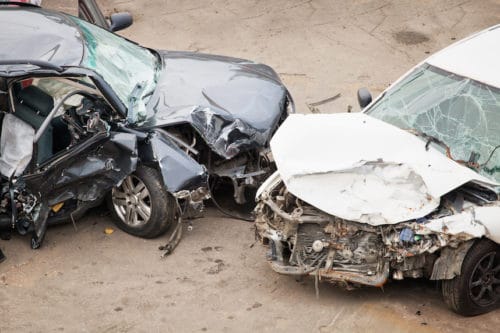We like to educate our clients on the legal concepts upon which their personal injury claims are based. Personal injury claims usually include a claim for negligence. To win personal injury claims for negligence there are three elements you must prove, duty, breach, and causation of damages. You can read about how to prove these elements below. Review our personal injury page to learn more about the types of personal injury claims we handle. If you suffered personal injury in an accident you may be entitled to compensation for your injuries. You should consult with a Miami personal injury lawyer. Contact The Berman Law Firm for a free evaluation of your personal injury claim.
To win personal injury claims first you must establish that the person or entity you want to hold responsible owes you a duty of care. For example, a grocery store owes its shoppers a duty of care to keep the store safe and avoid accidents such as a slip and fall or falling merchandise. In general when you are invited onto someone’s property you are owed a duty of care. Thus, whether a duty is owed is not usually disputed. However, there are certain types of claims where a premises owner owes a limited duty. Negligent security cases require proof of prior crimes in the vicinity of the property to establish that a duty is owed.
Slip and fall claims involving spilled liquids require proof that the liquid was on the floor long enough that the store employees had the chance to clean it up before the accident. In both of these types of cases, the property owner typically takes advantage of the higher standard for a duty and disputes that it owed a duty.
Next, you must prove that the defendant breached the duty of care, or in simple terms, did not protect you from harm. Going back to the grocery store example, a store breaches its duty of care if, for example, you slip and fall on water that was on the floor long enough for the store to clean it up before your accident. As another example, in a car accident, the person who caused the accident breached the duty of care to operate a vehicle in a safe manner.
You must next show that you suffered damages as a result of the accident. Continuing with the slip and fall example, if you are involved in a slip and fall accident and fracture your wrist and strain your back, you must prove that those injuries were caused by the accident. If your wrist was not already fractured before the accident, it should be easy to prove that the accident caused you to fracture your wrist. However, back pain is a common condition suffered by many people, although the defendant is responsible to the extent that the accident made your back pain worse. Doctors must prove that the accident made any pre-existing injuries worse.

